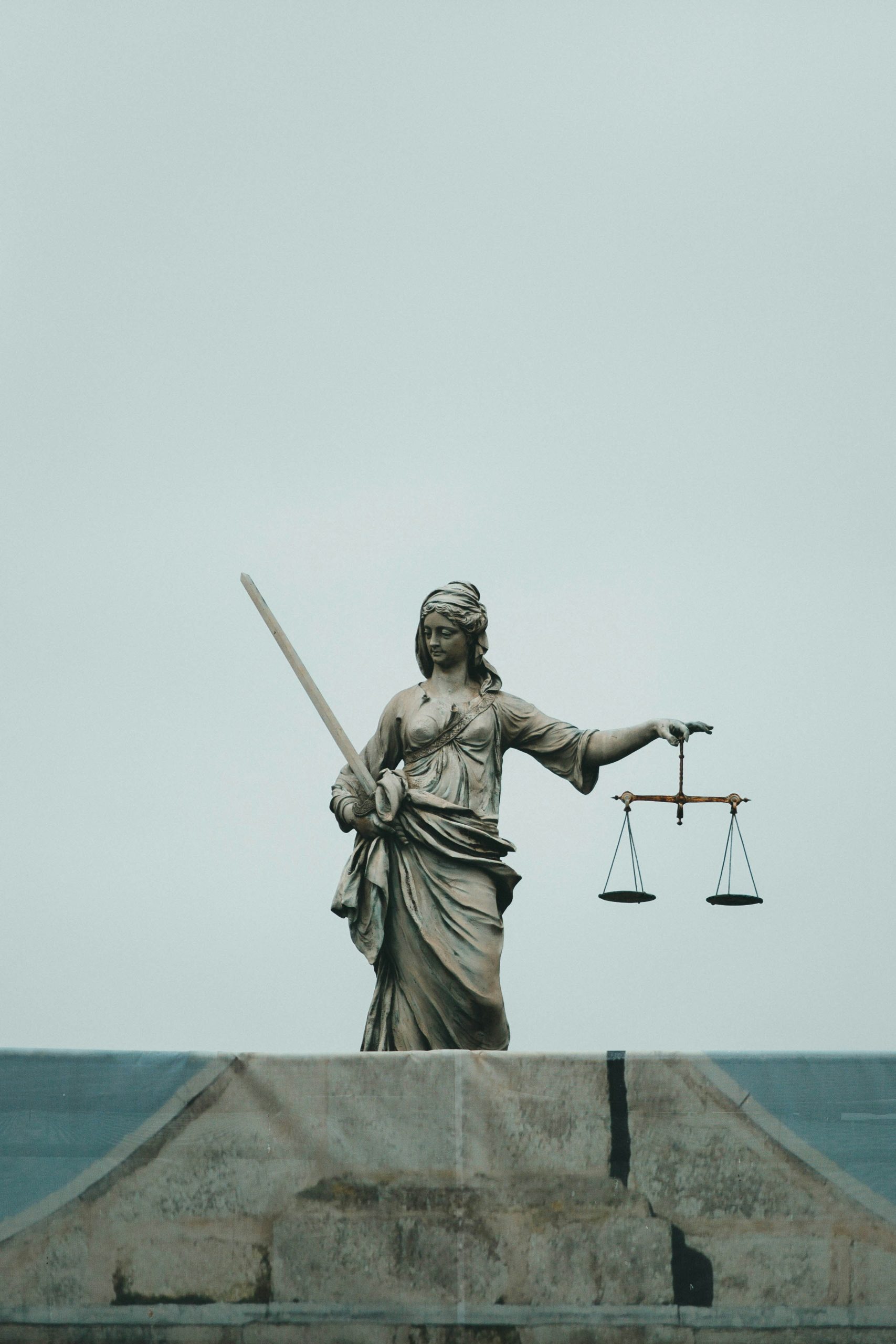
Examining Counterfeit Trademarks from a Criminal Law Perspective
Galadari Insights: Examining Counterfeit Trademarks from a Criminal Law Perspective
Counterfeit goods have become a global concern, with estimated annual sales ranging from USD 1.7 trillion to USD 5.4 trillion. To combat these issues, individuals and businesses have a moral responsibility to report counterfeit goods to the Economic Crimes Section at the UAE Ministry of Interior. This article will provide the steps for addressing counterfeit goods and the legal actions to take within the United Arab Emirates.
Reporting Counterfeit Goods
- Identify Counterfeit Items: Recognize and verify potential counterfeit items.
- Contact the Economic Crimes Section: Report counterfeit goods to the Economic Crimes Section at the Ministry of Interior, located at the Police Headquarters of each Emirate.
- File a Formal Complaint: Submit a formal complaint containing information about the counterfeit goods and the circumstances of their discovery.
Investigation and Legal Proceedings
- Specialized Department: The Economic Crimes Section is responsible for complaints related to counterfeit goods and directs them to the appropriate police stations based on the jurisdiction of their discovery.
- Investigation Factors: Investigation considers factors including discovery date and goods’ arrival time.
- Forensic Laboratory Analysis: Authentic and counterfeit samples are sent to the forensic laboratory to gather evidence and provide analysis to determine the authenticity and potential risks associated with the counterfeit goods. If available, an invoice including details of the seller’s business name and location should be provided.
- Complaint File Completion: Following the recording of the statements, if evidence to support the counterfeit claims is found, the individuals responsible are arrested for questioning.
- Charging and Confiscation: If proven guilty, the accused is charged with illicit sales. The counterfeit goods will be confiscated, and the case is forwarded to the Public Prosecution.
- Penalties: Penalties for possession and sale of counterfeit goods are at the court’s discretion, and include fines, confiscation, destruction, imprisonment and deportation.
Handling Counterfeit Goods in Bulk
In the event of discovery of large volumes of counterfeit goods found in warehouses, large retail units, or large containers, the goods will be seized and moved to an alternative storage facility. The accused is responsible for any costs relating to storage, transportation, and disposal of the seized goods.
Civil Lawsuits
- Filing Civil Lawsuit: Complainants have the right to file civil lawsuits once the criminal judgement has been finalized.
- Claiming Compensation for Damages: Temporary monetary compensation can be sought through a civil lawsuit, with the option to amend the claim later.
- Expert Assessment: In some cases, a Court appointed expert may estimate losses, and a consultancy report can support damages claims. The plaintiff may also make their own report with an external expert and submit it to the Court.
Trademark Ownership and Responsibilities
- Trademark Proof: Individuals cannot escape penalties unless the goods are proven to be authentic through original manufacturer proof or trademark owner’s approval.
- Reconciliation: Reconciliation can be an option if the seller can prove the counterfeit goods were imported unknowingly. The seller must promise to not sell counterfeits in the future.
- Seller’s Advice: Sellers are advised to keep purchase invoices, inspect goods before buying, and only deal with reputable wholesales.
Understanding Trademark Forgery and Counterfeiting
- Trademark Forgery: The unauthorized manufacturing and distribution of goods featuring a trademark identical or remarkable indistinguishable to a registered trademark. This involves the fabrication of fake goods designed to replicate authentic products, often incorporating stolen logos or trademarks.
- Legal Provisions: Article 49 of Federal Decree-Law No. 36 of 2021 on Trademarks outlines penalties for various trademark-related offenses, and states:
“Without prejudice to any severer penalty stipulated in any other law, a penalty of imprisonment and a fine of no less than (100,000) one hundred thousand dirhams and not more than (1,000,000) one million dirhams, or either of these two penalties, shall be imposed on whomever:
- Forges a Trademark that was registered in accordance with the provisions of this Decree-Law or counterfeits a Trademark in a way that leads to confuse the public, whether in respect of the goods or services distinguished by the original Trademark or those that are similar thereto.
- Knowingly uses a forged or counterfeit Trademark for commercial purposes.
- Puts on his goods or uses in respect of the services he provides, in bad faith, a Trademark owned by others.
- Possesses tools or materials with the intent of using them to forge or counterfeit registered or well-known Trademarks.
- Knowingly imports or exports goods bearing a forged or counterfeit Trademark.”
Burden of Proof and Trademark Registration
- Accused’s Obligations: The accused is responsible for providing evidence of their lack of knowledge about the counterfeit nature of the goods or informing the exporter.
- Trademark Registration: Business owners are advised to register trademarks for protection in the UAE Ministry of Economy and globally to increase brand protection and allow for legal action against counterfeiters.
The author of this article is Mahmood Shakir Al Mashhadani. Mahmood specialises in wide range of criminal matters. He is also the author of “Organized Crimes” published by Dar Alnahda Al Arabia Egypt and Dar Al Nahda Alelmiya UAE in 2018. For any queries, please contact Mahmood directly.
 |
Mahmood Shakir Al Mashhadani Senior Associate mahmood@galadarilaw.com |


